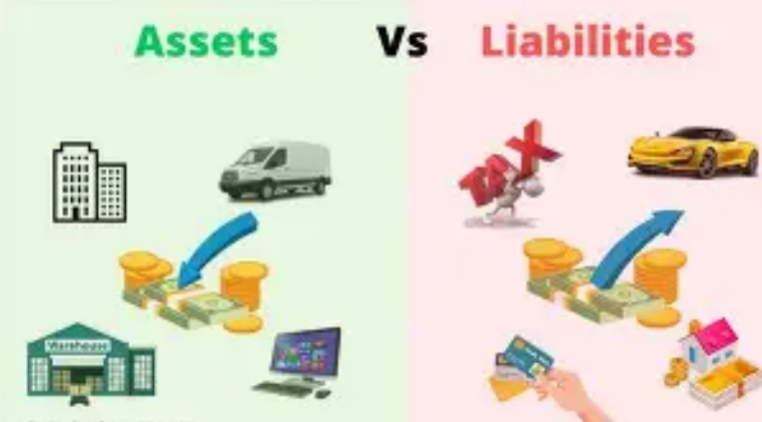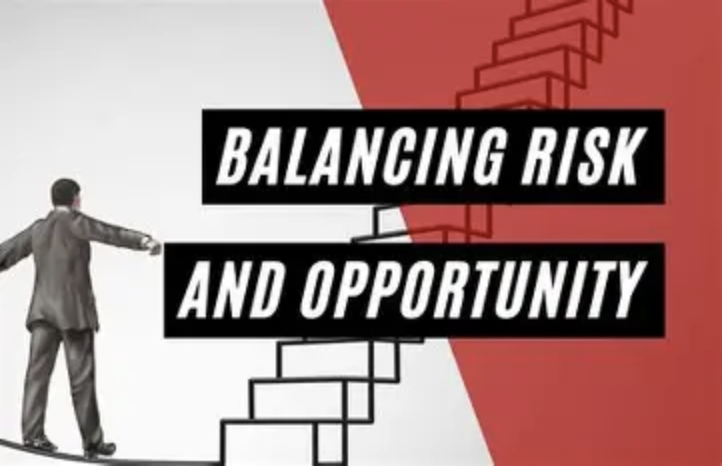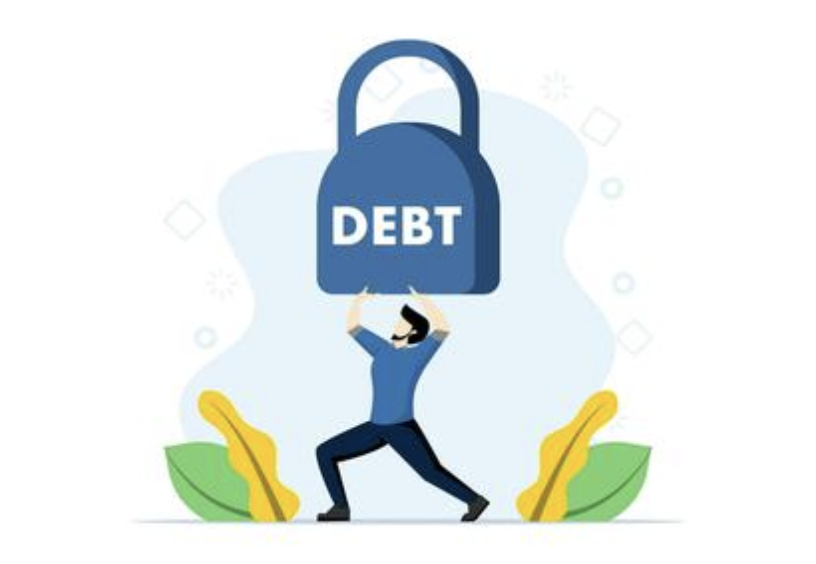For wealthy people, deciding whether to buy a car or a house goes beyond mere need; it is a thoughtful choice that affects their wealth and way of life over time. The solution isn't found in what society suggests, but in fitting the purchase with your financial situation and where you are in life.

The Asset vs. Liability Paradox
Vehicles, including those in the luxury category, lose their value quickly—dropping 20% in the first year and 50% by the third year. This means that a sports car worth $300,000 can quickly turn into a $150,000 investment. Additionally, ownership brings continuous costs, including maintenance, insurance, and storage, which can significantly affect cash flow. In contrast, real estate can be a great way to build wealth for affluent buyers. Properties in key cities, such as Miami’s Design District or Tokyo’s Minato Ward, tend to increase in value by 6–8% each year. Furthermore, they can generate rental revenue if they are utilized as secondary residences. An important advantage of property investment is leverage: putting down 20% on a condo worth $5 million allows one to control an appreciating asset, thus enhancing profits. For those looking to grow their wealth, investing in real estate is usually more advantageous—unless a vehicle serves a particular financial role, such as being a business expense for luxury cars used during client appointments.

Lifestyle as a Strategic Variable
For some people, a car serves a purpose beyond just getting from one place to another; it acts as a means to boost their income or improve their lifestyle. For instance, a busy executive may require a luxurious car with a driver to handle a tight schedule effectively, using travel time to get work done. In a similar way, a family with vacation homes in distant places, like ski lodges in Aspen or vineyards in Napa, might see a high-end SUV as crucial for reaching these properties, ensuring they make the most of their investments in holiday experiences. On the other hand, those who place a high value on security might find it wise to purchase a home first. Owning a house in a good school district can help stabilize education expenses, while a well-chosen area, near job locations or cultural attractions, can ease daily challenges, allowing more mental space for career advancement. The important thing is to view each purchase as a necessity rather than a way to showcase wealth.
The Liquidity Trade-Off
Wealthy buyers frequently neglect how timing affects cash flow. A luxury home needs a large down payment, often between 20% to 50%, which locks up funds in an asset that is not easily converted to cash. For individuals with portfolios that demand flexibility—like angel investors who want to support new businesses—opting for a car, even an expensive model, allows for more liquidity and keeps capital ready for lucrative investments. However, postponing a house purchase can lead to lost opportunities during market growth; in areas where homes are scarce, waiting a year and a half could result in price increases of 10% to 15%. It's important to evaluate different scenarios: can you handle both purchases within one to two years? If not, which purchase is more pressing, based on market conditions or personal changes such as a growing family?

The key lies in how you define success regarding these purchases. For those focused on accumulating wealth, a house usually comes first; whereas individuals emphasizing mobility or immediate lifestyle improvements may choose the car instead. Ultimately, the best option is the one that aligns with your long-term aspirations, rather than one that merely conveys prestige. In summary, while both purchases can be made, the sequence in which you choose them provides insight into your financial mindset.





